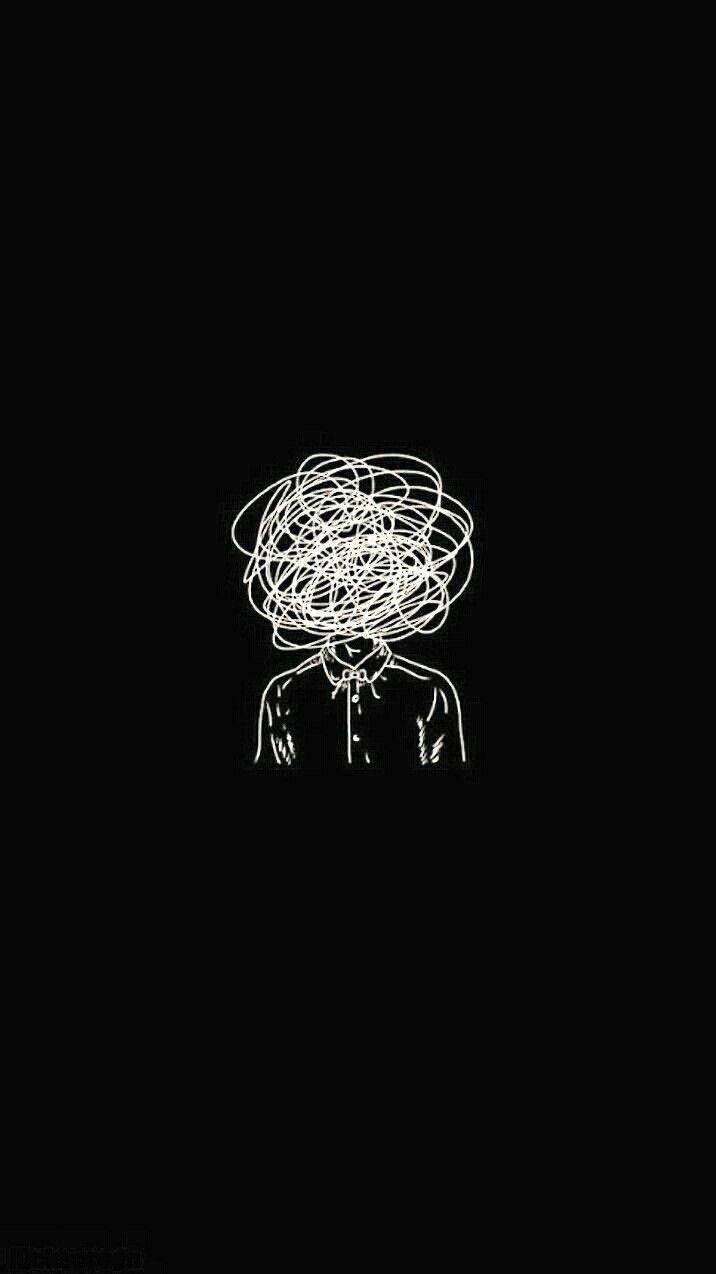
In a world that moves at the speed of Wi-Fi and rewards constant engagement, one of our most profound human needs is often overlooked: the need for meaning.
Though we are more connected than ever, many people feel lost. We have access to more information, yet we often find ourselves overwhelmed. In the midst of this digital noise and psychological fatigue, Viktor Frankl’s philosophy of Logotherapy serves as a powerful reminder:
“Life is never made unbearable by circumstances, but only by lack of meaning and purpose.”
— Viktor Frankl
Viktor Frankl (1905–1997) was an Austrian neurologist, psychiatrist, and Holocaust survivor. His experience in Nazi concentration camps led him to develop Logotherapy, a form of existential analysis rooted in the belief that the will to meaning, not pleasure or power, is the primary human motivation.
His most influential work, Man’s Search for Meaning, has sold over 12 million copies and continues to resonate across generations.
Frankl’s ideas are more relevant now than ever. Today’s distractions are not external threats—they're internal erosions: attention fragmentation, social comparison, and existential boredom.
Frankl anticipated this. He warned that as society becomes more materialistic and success-driven, the "existential vacuum"—a sense of emptiness or lack of meaning—would grow.
Unlike traditional psychology that often focuses on what's wrong, Logotherapy asks:
Frankl believed meaning could be discovered through:
It’s not about eliminating pain but transforming it into purpose.
In our hyperconnected world, distractions are everywhere. We scroll through social media to escape discomfort, binge-watch shows to avoid silence, and keep busy with work to feel a sense of worth.
However, what we often need is not more external input—but an opportunity for introspection.
Frankl emphasized the importance of returning to our inner lives, a space many tend to avoid today. He proposed several key ideas:
Despite the modern world’s noise, Frankl’s approach offers timeless practices:
Viktor Frankl didn’t just offer psychological insight—he offered a moral framework for how to live. In today’s distracted world, where many feel like spectators of their own lives, his teachings are a call back to depth, responsibility, and purpose.
The question is no longer just:
“How do I cope?”
But rather:
“What am I living for?”
And in seeking that answer, we don’t just survive—we begin to truly live.